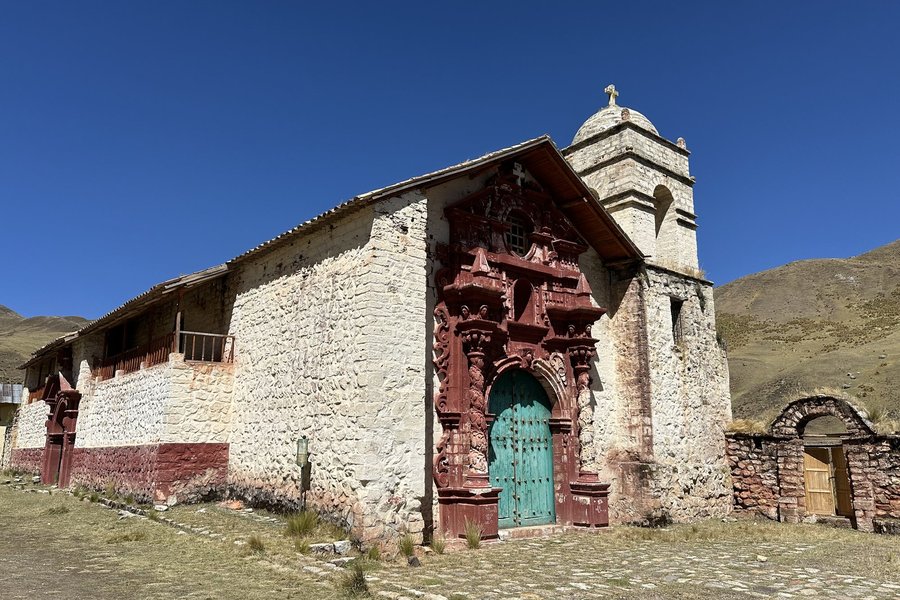Peru
Santa Bárbara Mining Complex
Santa Bárbara mining complex is a mercury mining site (including mines, towns, roads and industrial facilities), the largest in the Western Hemisphere.
Mercury was used to refine gold and silver in colonial times and this mine therefore played a major role in the economy and organization of the colony, supplying mercury to all the gold and silver mines in the Americas. Important technological breakthroughs in the exploitation of mercury were developed here before being adopted in other mines, notably in Almadén (Spain) and Idrija (Slovenia).
Site Info
Official Information
- Full Name
- Santa Bárbara Mining Complex (ID: 6263)
- Country
- Peru
- Status
-
Nominated 2027
Site history
History of Santa Bárbara Mining Complex
- 2023: Preliminary Assessment
- 2017: Added to Tentative List
- Added to tentative list
- Type
- Cultural
- Criteria
- ii
- iv
Links
- UNESCO
- whc.unesco.org
All Links
UNESCO.org
- whc.unesco.org — whc.unesco.org
Community Information
- Community Category
- Secular structure: Mines
Travel Information
Recent Connections
News
No news.
Recent Visitors
Community Reviews
Show full reviews
The Santa Barbara Mine was one of the most important mines in the Western Hemisphere in the 16th and 17th Centuries. The mine provided the mercury to separate the silver that was mined in Mexico and Bolivia. The mine was also k own as the mine of death, as numerous laborer, mostly indigenous died during the mining operations.
The mine is located above the very pretty colonial city of Huancavelica, which was one of my favorite cities to visit in Peru. Huancavelica is rarely visited by foreign tourists, as it is off the main tourist route. I reached it from Ayacucho. You can reach it through infrequent buses, that usually requires a transfer. I hired my own vehicle and driver. An expensive option, but a beautiful 4 hour drive. Huancavelica is much more accessible from Huancayo - which is where I went after, there are also a few overnight buses to Lima.
the mine site is located 7 kilometers from town by a very pretty, and not too strenuous walk. There is also a good dirt road - which is about 15 kilometers in distance. There is no public transport, but it would be easy to hire a taxi in town. I walked the trail (which connects to the road) there and back.
I had the site to myself. There are a few signs mostly in Spanish, with some English translation. The first place you encounter is the now closed, concentrating plant. This actually was built in early 20th century. …
Keep reading 0 comments